Disclosure: This post includes affiliate links; I may receive compensation if you purchase products or services from the different links provided in this article.
Hello devs, are you preparing for Software Developer interviews but not sure where to start? Are you drowned in the sea of Data structures and algorithms and System design and whatnot, then you are not alone, we all feel the same at some point in time.
In the past, I have shared best data structure interview books and software engineering books, best System design books and courses, and in this article, I will share with you a systematic approach to prepare for coding interviews and also covering all the bases.
Looking for a job in this tough market is not easy, as many people are looking for jobs and the market is flooded with a lot of talented people, thanks to what is happening in the world.
But that should not be an excuse; you also need to level up yourself to stand a chance.
Here are things you can do on your side for rock-solid preparation.
By the way, if you are looking for one one-stop shop to prepare for a Software Developer interview, then DesignGurus.iois a great place to start with.
They have many Grokking courses to prepare for Software Developer interview like OOP Design, System Design, Dynamic Programming etc and you can get access to all of their courses for a big discount by joining their All course bundle. You can also use code GURU to get 30% discount.
How to Prepare for Software Developer Interviews?
Here is your step-by-step guide to prepare well and crack the coding interviews and covering all the topics that matter:
1. Data Structures and Algorithms
This is the single most important topic for any Software developer. At a bare minimum, you should know about basic data structures like
- array,
- linked list,
- stack,
- queue,
- binary tree,
- binary search tree,
- hashmap,
and algorithms like searching and sorting algorithms, and graph algorithms like BFS and DFS.
Bonus points will be if you can learn advanced data structures like heap, priority queue, bloom filter, and dynamic programming, backtracking,g and coding interview patterns, which can help you solve unknown problems in an interview.
If you are rusty, start with the top interview questions on these sites:
- Algomonster --- coding interview patterns by ex Google engineers
- Educative-99 --- 99 selected questions for coding interviews (Available in both Python and Java), it will teach you 26 key coding interview patterns
- Blind 75 - selected list of leetcode problems for maximum benefits, must do.
- Grind 75 --- customized leetcode study plan with set of questions which is most commonly asked.
- Practice C++ STL or Java Collections, or data structure libraries in the language of your choice --- essential for fast coding
If you are a beginner, DSA requires more than 3 months of active practice. I am omitting the details in this post
If you are looking for online courses because they are more affordable, then the Master the Coding Interview: Data Structures + Algorithms course on ZTM Academy is a great resource. It's also free for this week and next week.
2. High-Level Design (HLD)
This is another topic that is very important for software developers and software engineers' interviews. At a bare minimum, you should be familiar with system design fundamentals like scalability, security, load balancing, caching, replication, sharding, etc.
Here are books and resources you can use for your preparation for high-level design:
1. Books: Start with Alex Xu's Volumes 1 and 2 System Design insider guide
2. Join the System Design Interview Prep Crash Course on Educative- good platforms, interactive learning, and good content on system design.
3. Videos: Good channel for basic concepts of System Design Interview --- see here
4. Engage actively and try solving problems yourself
5. Mock interviews on Pramp, tyrExponent, and other platforms like DesignGurus.io, MeetPro etc.
5. Practice System Design Problems in Leetcode style on Codemia
3. Low-Level Design (LLD)
If you are rusty on LLD, you can start with reading:
1. Design Principles: Read "Head First Design Patterns" (read 2nd edition)
2. OOP concepts should be crystal clear, such as Virtual Methods in C++, abstract class vs. interface, overloading vs. overriding, method hiding, etc.
3. Questions: Awesome Low-Level Design --- https://github.com/ashishps1/awesome-low-level-design by Ashish Pratap Singh of AlgoMaster newsletter, I highly recommend that one to programmers.
4. Practice question with a 45-minute timer
5. Solutions: Low-Level Design Playlist --- https://www.youtube.com/playlist?list=PL12BCqE-Lp650Cg6FZW7SoZwN8Rw1WJI7 (Credits to Soumyajit Bhattacharyay)
4. CS Fundamentals
Learn from GateSmashers videos --- https://www.youtube.com/@GateSmashers
Operating systems --- see these courses
5. Behavioral
1. Use the STAR method (Situation, Task, Action, Result)
2. Keep each section concise: 4- 5 sentences per section, so that it can be covered in the given time during interviews
3. Prepare both a detailed and a short version of your answers
4. For resources, check the free course Grokking the Behavioral Interview on Educative.
6. Company-specific Preparation
1. You can use Codemia.io to solve company-tagged problems
2. Explore tab in Leetcode Premium --- https://leetcode.com/explore/
3. Practice using Leetcode's Interview tab → Assessment → Select the company for phone or onsite rounds --- https://leetcode.com/assessment/
That's all, friends. I know it's not easy to crack a Software developer interview in this tough market, but following this guide and preparing for all the important topics mentioned in this article can greatly improve your chances.
I hope these tips help you in your preparation. Feel free to reach out if you have any questions or need guidance.
And, if you haven't read, you can also read 10 Must Read Software Engineering Books for Developers I have shared earlier, it contains books other than algorithms for software engineers and developers.
Good luck to everyone on their journey!!

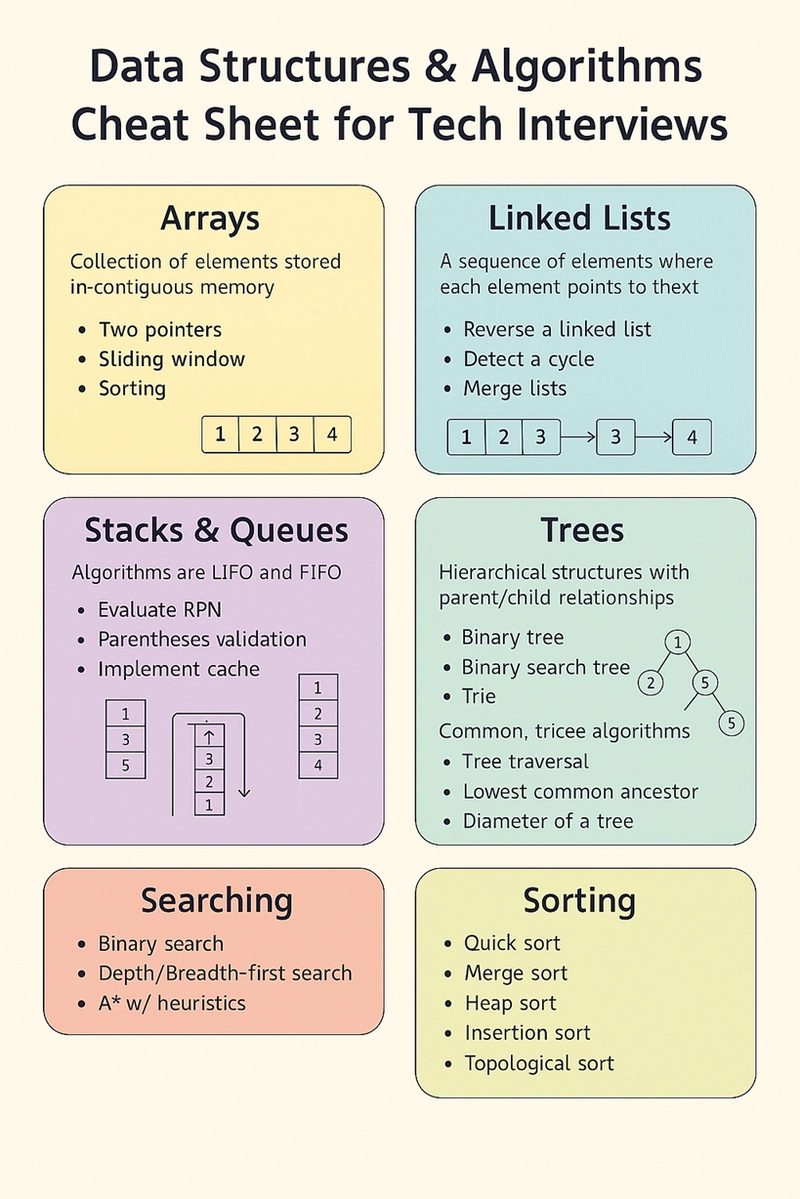
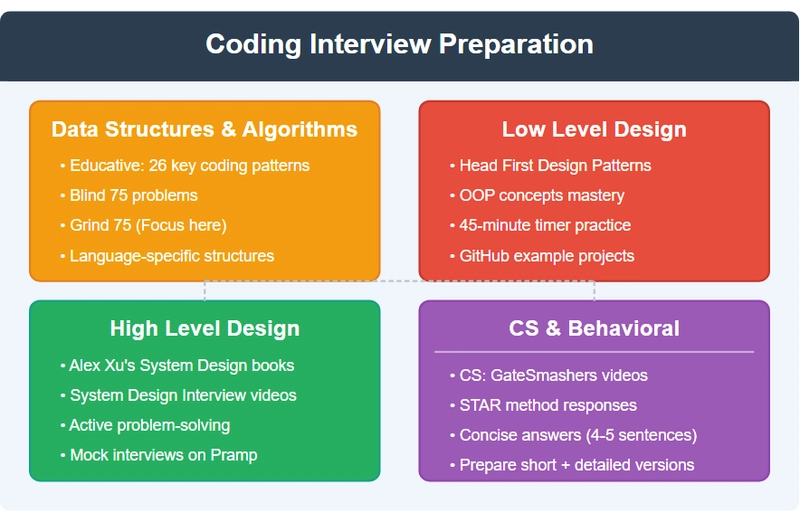
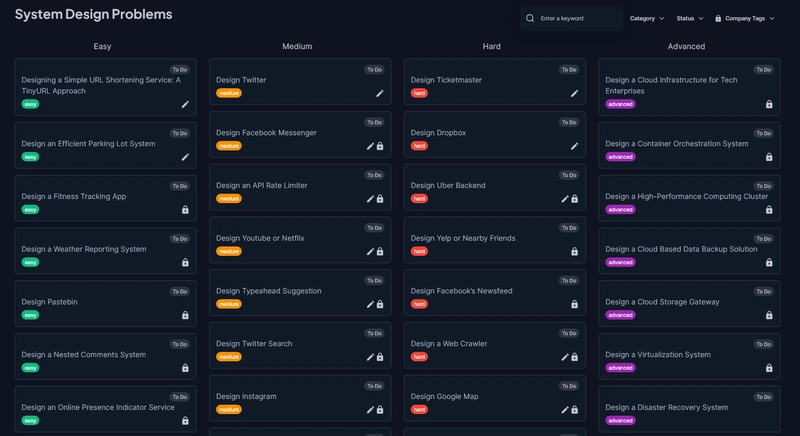
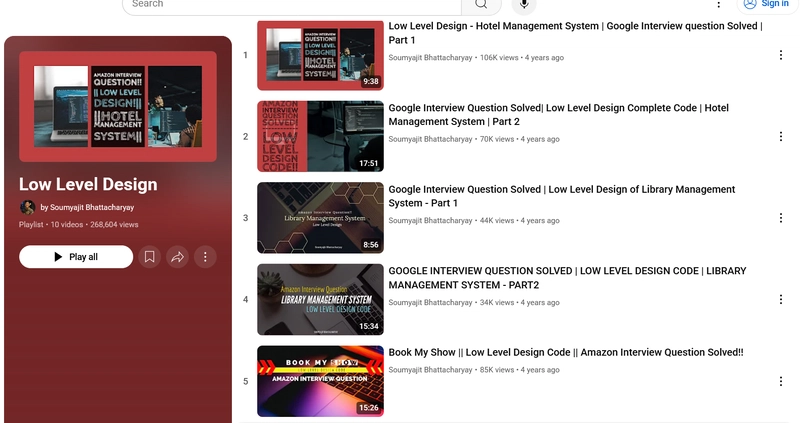
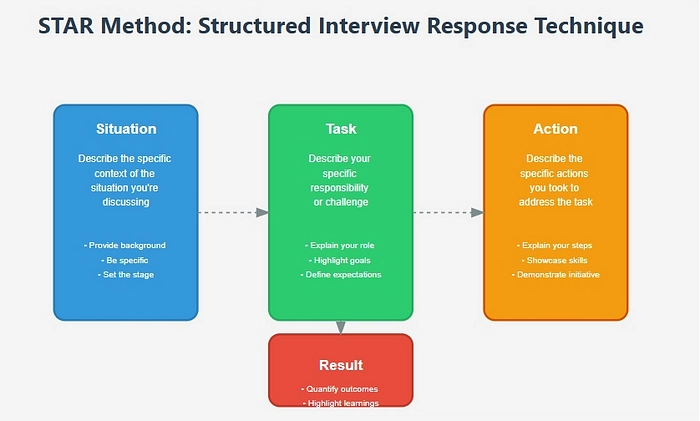
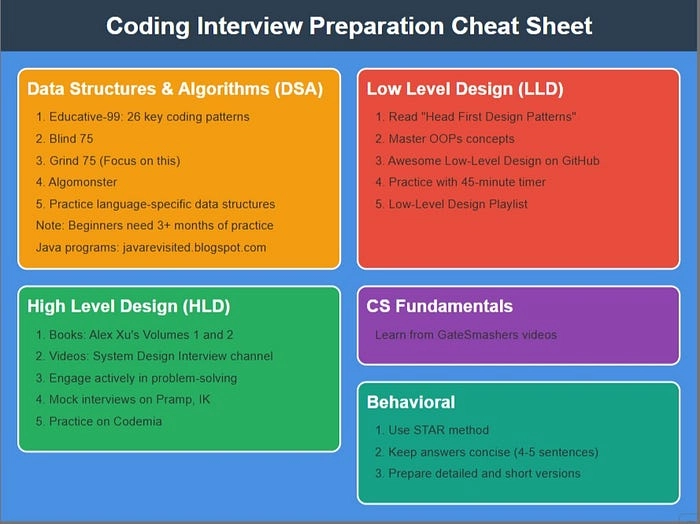




Top comments (11)
The pragmatic programmer & Clean code are my favorites.
Yes, they are great books and must-reads for any developer. My personal favorite is clean code, though.
I leetcode often.Whilst it helps improve your skills a lot,I prefer traditional interviews.How common are these interviews?
Things have changed a lot, nowadays coding round is mandatory for which you need LeetCode, once you pass that then System Design and specific programming language.
for all software companies?
yes, mostly for banks, startups and big techs
Leetcode and codewars are two of my favorite sites for coding practice.
Indeed, both are great places for practicing coding. For System Design I prefer codemia.io, it has got more problems and better platform.
very informative
thanks
Feels like an advert to read books and articles for affiliate income.
Some comments may only be visible to logged-in visitors. Sign in to view all comments.